![]()
Sun, Nov 20, 2011
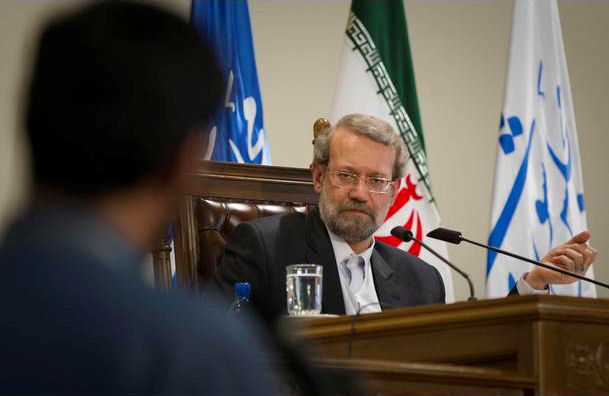
Iran's Parliament Speaker Ali Larijani listens to a question from a reporter during a news conference in Tehran. (AllVoices)
Iran’s NPT withdrawal threats resume following IAEA report
Originally published in “Iran-bulletin number 141”, a publication by the Meir Amit Intelligence and Terrorism Information Center.
Iran once again threatens to withdraw from the Treaty on the Non-Proliferation of Nuclear Weapons (NPT) following the release of the IAEA secretary-general’s report on the Iranian nuclear program last week.
Majles Speaker Ali Larijani said this week that the Majles intends to reexamine Iran’s cooperation with the IAEA. In response to the IAEA secretary-general’s report, Larijani said at the beginning of a Majles session held Sunday, November 13 that the report contains no new information but rather reiterates claims formerly made by the United States and Israel against Iran. The new style adopted by the agency shows hostility towards Iran, Larijani said, and the Majles intends to reexamine Iran’s cooperation with the agency since it is now clear that cooperation, or lack thereof, has no influence on the IAEA’s “unprofessional decisions” (Mehr, November 13).
At the same time, Esma’il Kowsari, deputy chairman of the Majles National Security and Foreign Policy Committee, said that the committee intends to discuss the possibility of Iran’s withdrawal from the NPT. Kowsari strongly condemned the IAEA secretary-general, saying that the information on which the report released by the agency is based came from the Mojahedin-e Khalq organization, and that it has nothing to do with reality. He said that the IAEA’s becoming a body which represents the false claims of the United States puts the agency’s status at risk (Fars, November 12).
Earlier this week Kazem Jalali, spokesman for the Majles National Security and Foreign Policy Committee, reported that the committee began discussing Iran’s further cooperation with the IAEA. He said that committee members doubt whether there is any point in remaining a member of the agency or continuing to cooperate with it, given the fact that membership in it doesn’t help Iran achieve its nuclear rights. The agency’s conduct towards Iran is unreasonable and illegal, he said, and is based on the political inclinations of world powers. He did clarify, however, that at this point, the discussion on further cooperation with the IAEA is not indicative of a demand to withdraw from the NPT (Mehr, November 14).
Majles Energy Committee member Moayyed Sadr Hosseini also questioned the benefit of remaining a member of the IAEA. In an interview to the Fararu website, Hosseini said that so far Iran has gained nothing from being a member of the organization and signatory of the NPT. In his opinion, joining the organization in 1958 was a mistake to begin with, and the least Iran should have done was to withdraw several years ago, when it became apparent that the membership did not help Iran advance its nuclear program, as the NPT requires. He said that the IAEA is currently controlled by the United States — the only country to have used nuclear weapons — and Israel (Fararu, November 14).
Meanwhile, student organizations in Iran issued a statement calling on Majles Speaker Ali Larijani to pass a bill stipulating that Iran has to withdraw from the NPT in protest of the IAEA secretary-general’s report. Signed by 47 student organizations from across the country, the statement says that the IAEA serves the intelligence agencies of the United States and Britain and the Zionist lobby. (Fars, November 10)
While some called for considering the possibility of withdrawing from the NPT, different views were published by the Fararu website. An editorial titled “What should be done with this agency?”, which was published on the website, argued that, given Iran’s constant and serious cooperation with the IAEA and U.N. inspectors, the question is what would be the point of maintaining cooperation with the agency. Not only did the IAEA fail to live up to its obligations towards Iran, it even prepares the ground for an attack by Iran’s enemies. Withdrawing from the NPT is unreasonable and even dangerous, however. Such a move could serve the interests of Iran’s enemies and help them justify their claim that Iran is working to achieve nuclear weapons. Accordingly, withdrawal from the NPT does not serve Iran’s national interests and cannot be considered an appropriate response to the IAEA secretary-general’s report. The problem faced by Iran is not the NPT but rather Iran’s membership in the IAEA under the current conditions. Iran needs to gain an understanding of how committed IAEA leaders are to fulfill their responsibility towards it as member of the organization. If it turns out that the agency is unwilling to advance Iran’s nuclear rights, cooperation with it can be suspended, but no good will come to Iran as a result of withdrawing from the NPT (Fararu, November 14).
International affairs expert Hassan Beheshti-Pour also argued that it makes no sense for Iran to withdraw from the NPT. The IAEA secretary-general’s report is biased and political, he said, but withdrawing from the NPT after Iran has been claiming for years that it is not interested in nuclear weapons is unreasonable. Withdrawing from the treaty could give the West another excuse to claim that Iran is interested in obtaining nuclear weapons. He noted that Iran should warn the IAEA about the impact of the report on Iran’s willingness to continue cooperating with the agency, but not withdraw from the NPT (Fararu, November 13).
In the past, there have been similar calls to withdraw from the NPT in response to mounting pressure and escalating sanctions against Iran.



 RSS
RSS


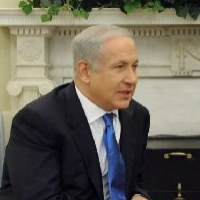
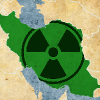
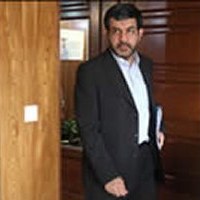
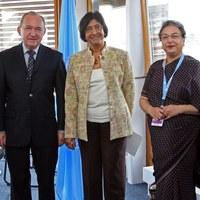




Iran’s NPT withdrawal threats resume following IAEA report | Middle East, Israel, Arab World, Southw http://t.co/itOdhIIc
Iran’s NPT withdrawal threats resume following IAEA report | Middle East, Israel, Arab World, Southw http://t.co/itOdhIIc